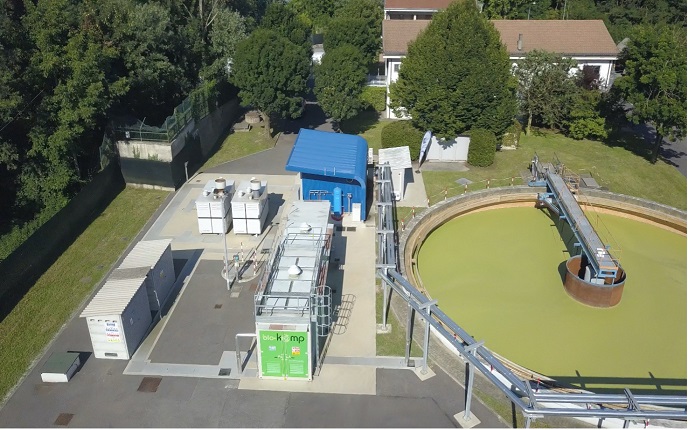Reconciling fine- and large-scale flow behaviours
As knowledge increases about the microscopic or fine-scale behaviour of systems, whether through enhanced observation techniques or theoretical descriptions of the behaviour of matter, it is all the more important to reconcile such behaviours with the larger macroscopic descriptions. Upscaling algorithms for multi-scale problems fill this need in a variety of fields and is an active area of computational physics for problems of flows in deformable porous media. European researchers supported by the ‘Robust numerical upscaling of multiphysics phenomena in deformable porous media’ (Iterupscale-FSI) project sought to create robust algorithms for a general poroelastic model based on fine-scale non-linear fluid structure interaction (FSI). In addition, scientists sought to extend the description to the case of indistinguishable scales. Indistinguishable scales regarding flow in elastic or deformable flow media are relevant to a number of different systems and processes including human bone tissue, solid/liquid separation in industrial filtration, carbon sequestration and waste water management. Researchers developed two different and novel multi-scale finite element method (MsFEM) algorithms for multi-scale FSI problems. The algorithms combined an iterative homogenisation method (upscaling to produce homogeneous coarse scale information from fine heterogeneous information) with macroscopic non-linear conservation of mass and momentum equations. The macroscopic equations were not explicitly stated but approximated through an iterative algorithm (upscaling). The algorithms were successfully used in processing voxel-based data and reconstructing the fluid-solid interface of complex computerised axial tomography (CAT) images of the human femur. In addition, scientists extended the framework to include problems of flow in media with both porous and free flow regions as well as developing a fine-scale solver for simulations of diffusion in batteries relevant to fuel cells and other multifunctional devices. Iterupscale-FSI results are widely applicable to the growing field of multiphysics problems related to flow in deformable porous media, with potential impact on biomedicine, energy and environmental science. Continued research focused on the hydro-mechanical response of human bone tissue should extend previous work and be widely welcomed by both academic and industrial communities.







